


CHESS LESSONS BY THE CODGER!
WELCOME * PHILOSOPHY * APPROACH * ABOUT US * SERVICES * ARTICLES * GAMES * VIDEOS * TESTIMONIALS * CONTACT US
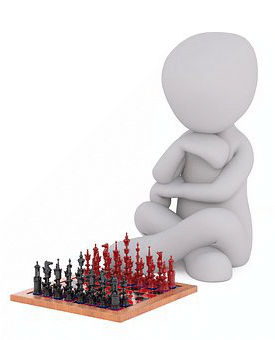
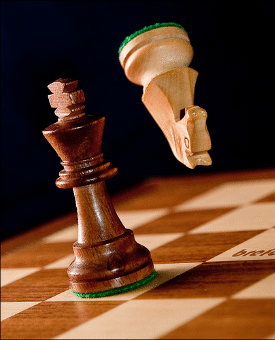
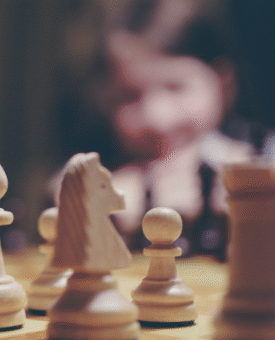
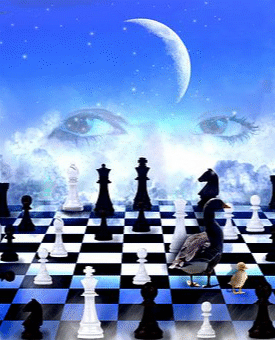
PHILOSOPHY

We play games to safely practice making choices. This is fun, but we learn about interactions with our resources and our opponents. We learn about obstacles and challenges that can make us think through our problem solving abilities to positive conclusions. When we lose, we learn more as long as we address the loss with an attitude of avoiding the mistakes that led to that defeat. This enjoyable pastime makes it possible for us to hone our skills in decision making and social interaction.
Chess has been around for thousands of years. The fascination over the ages with chess is that a simple set of rules leads us to a multi-layered experience when we play. Our first mission in teaching chess is to share the passion and appreciation of chess to the students. Even if they do not understand the nuances as yet, the student needs glimpses of what lay beneath the surface of the game.
|
| |
|
Another aspect of learning and studying chess is the development of the student's character in relation to his personality. This is not just about their sportsmanship and handling defeat properly (very important as well). This is about learning a style of play that suits their personality. Whether aggressive or risk adverse, each of us as players in order to succeed, must be willing to evaluate what works for themselves as individuals. Using this knowledge shows up in the choices in style of play for each student and translates to their daily tasks and their approach to understanding their decision process in all of life's aspects.
|
CONTACT THE CODGER
bruce@thecodger.com
Phone: 954-464-9210
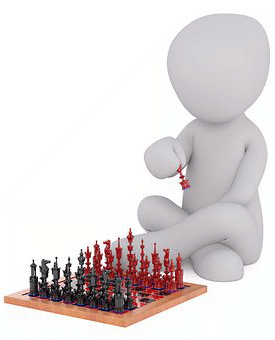
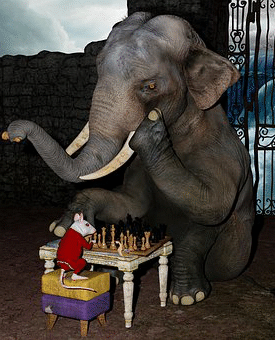
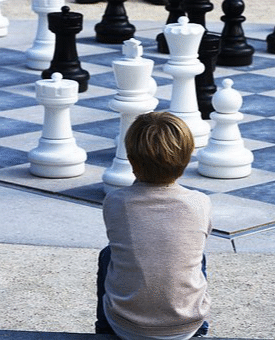
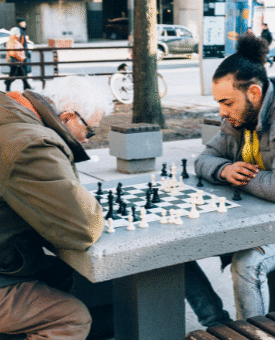
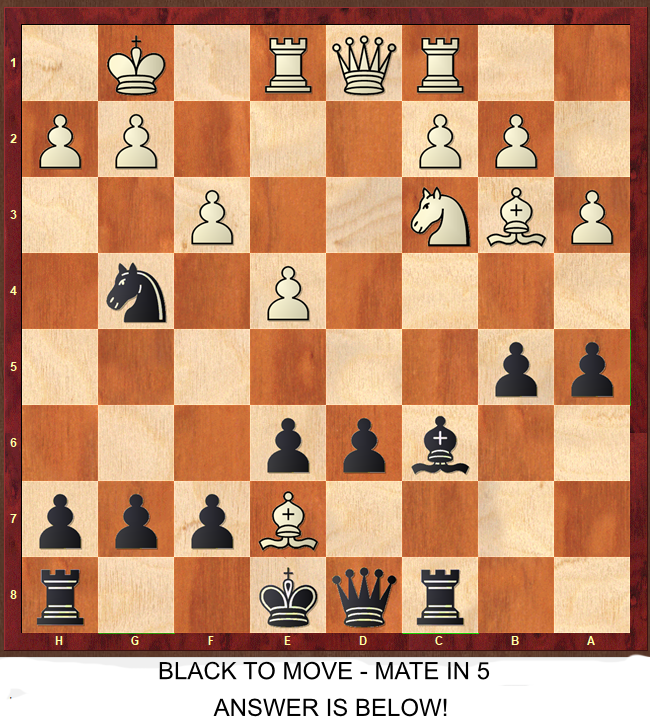 Once the student has begun his/her journey, our next objective is to tie the concept of planning and responsibility to their efforts. At first, young players focus on their own plans and ambitions. They must begin to appreciate that in the game, their opponent has their own ambitions. Learning responsibility for ones' actions (After all, the pieces did not get to bad squares by themselves!) and learning from the efforts of the opponent jumps starts the learning process in many ways. Learning how to make plans and then adjust them as the situation develops can allow the students to understand the fluidity of life and the choices we make. Adapting to the reality is an important life skill that chess can teach us!
Once the student has begun his/her journey, our next objective is to tie the concept of planning and responsibility to their efforts. At first, young players focus on their own plans and ambitions. They must begin to appreciate that in the game, their opponent has their own ambitions. Learning responsibility for ones' actions (After all, the pieces did not get to bad squares by themselves!) and learning from the efforts of the opponent jumps starts the learning process in many ways. Learning how to make plans and then adjust them as the situation develops can allow the students to understand the fluidity of life and the choices we make. Adapting to the reality is an important life skill that chess can teach us!